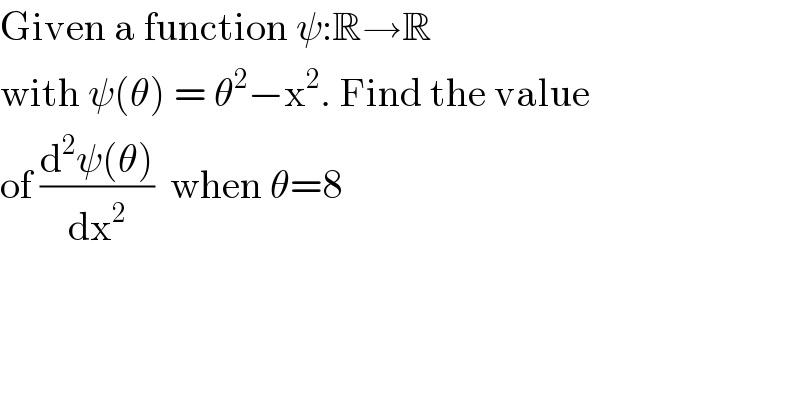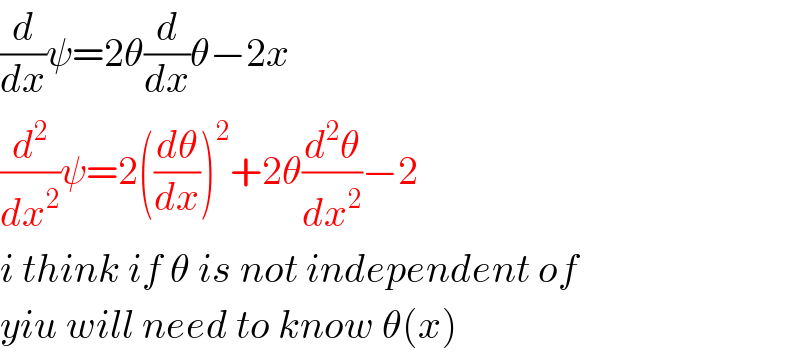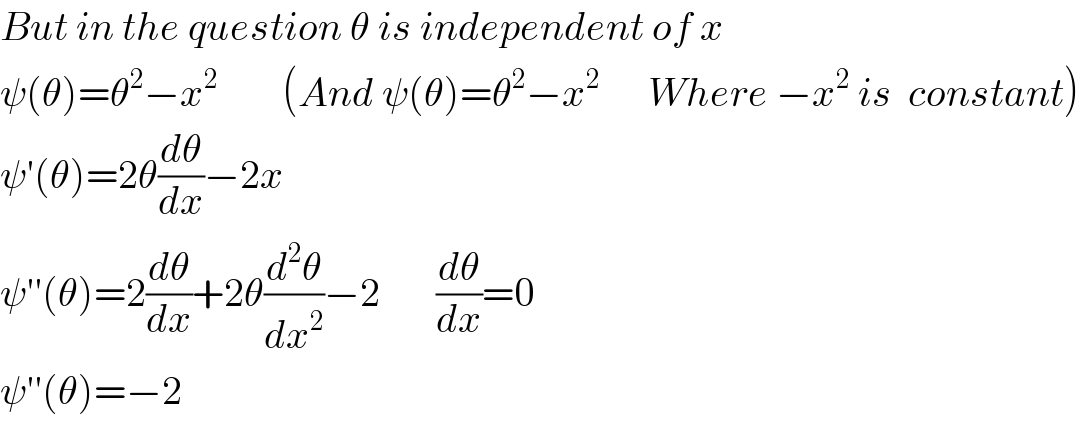
Question and Answers Forum
Question Number 117704 by bemath last updated on 13/Oct/20

Commented by prakash jain last updated on 13/Oct/20

Commented by bemath last updated on 13/Oct/20

Commented by prakash jain last updated on 13/Oct/20

Commented by bemath last updated on 13/Oct/20

Commented by prakash jain last updated on 13/Oct/20

Commented by Dwaipayan Shikari last updated on 13/Oct/20

Commented by prakash jain last updated on 13/Oct/20

